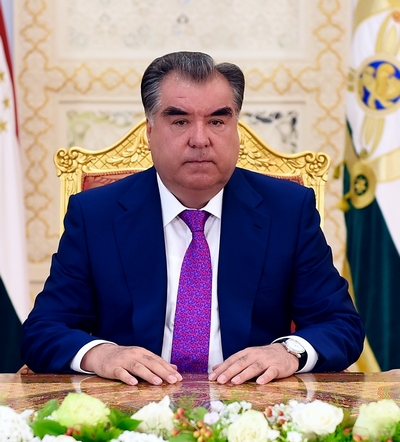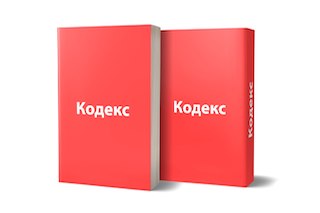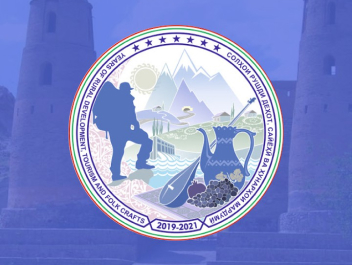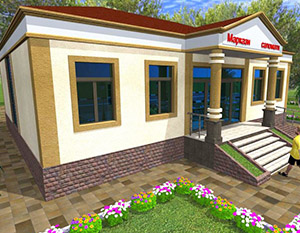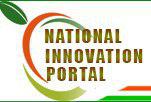Dushanbe, May 14, 2021 – PO “Peshsaf”, with the assistance of the Ministry of Health and Social Protection of the Population and financial support from the UN Development Program, completed a series of training seminars on the effective management of medical waste among 535 representatives of medical institutions (including 77 doctors, 233 nurses, 225 representatives of junior medical personnel).
These seminars were held from 8 to 24 April 2021 in 15 pilot medical institutions in the cities of Dushanbe, as well as in the districts: Faizabad, Gissar, Vakhdat, Varzob, Tursunzade, Shakhrinav, Rudaki, the cities of Bokhtar, Kulyab and Dangara.
The main purpose of these seminars was to increase the potential of healthcare workers in the field of separation, collection, transportation of medical waste, especially those associated with COVID-19, as well as technologies for the disposal of medical waste and their impact on the environment and human health.
Training materials were prepared by international experts from WHO and UNDP, adapted and conducted in the form of seminars by a team of qualified national experts from the public organization “Peshsaf”. The seminars included the issues of risks in handling hazardous medical waste, provisions of SanPiN, the practice of separating medical waste into classes and their disposal, management of hazardous waste during the Covid-19 period.
All participants of the seminars received information materials on the classification of medical waste (A, B, C and D), as well as an international memo from WHO and UNICEF “Water, sanitation, hygiene, and waste management for SARS-CoV-2, the virus that causes COVID-19”.
It is important to note that over 80% of the participants were women. Lyubat Sharipova, head nurse of the Dushanbe City Clinical Infectious Disease Hospital, says: “This seminar allowed me to understand the real danger of medical waste not only for health, but also for our nature. As it turned out, waste during a pandemic is the same waste as in the normal period of our lives. On the contrary, burning this waste in the open air without autoclaving, without proper incineration technique, can lead to more serious consequences. For me, as an employee of a medical institution with more than 30 years of experience, it was a real discovery that ordinary household waste in medical institutions of an infectious profile cannot be generated at all and must be labeled as “Hazardous waste” of class B. I cannot but note the fact how dangerous it is to use chlorination for the disinfection of used sharps. In the process of incineration dioxins and furans are forming – this was also news to me. As they say, live and learn! ”
The seminars were organized within the framework of the UNDP project “Addressing COVID-19 environmental hazards through Improving Medical Waste Management in Tajikistan”.



